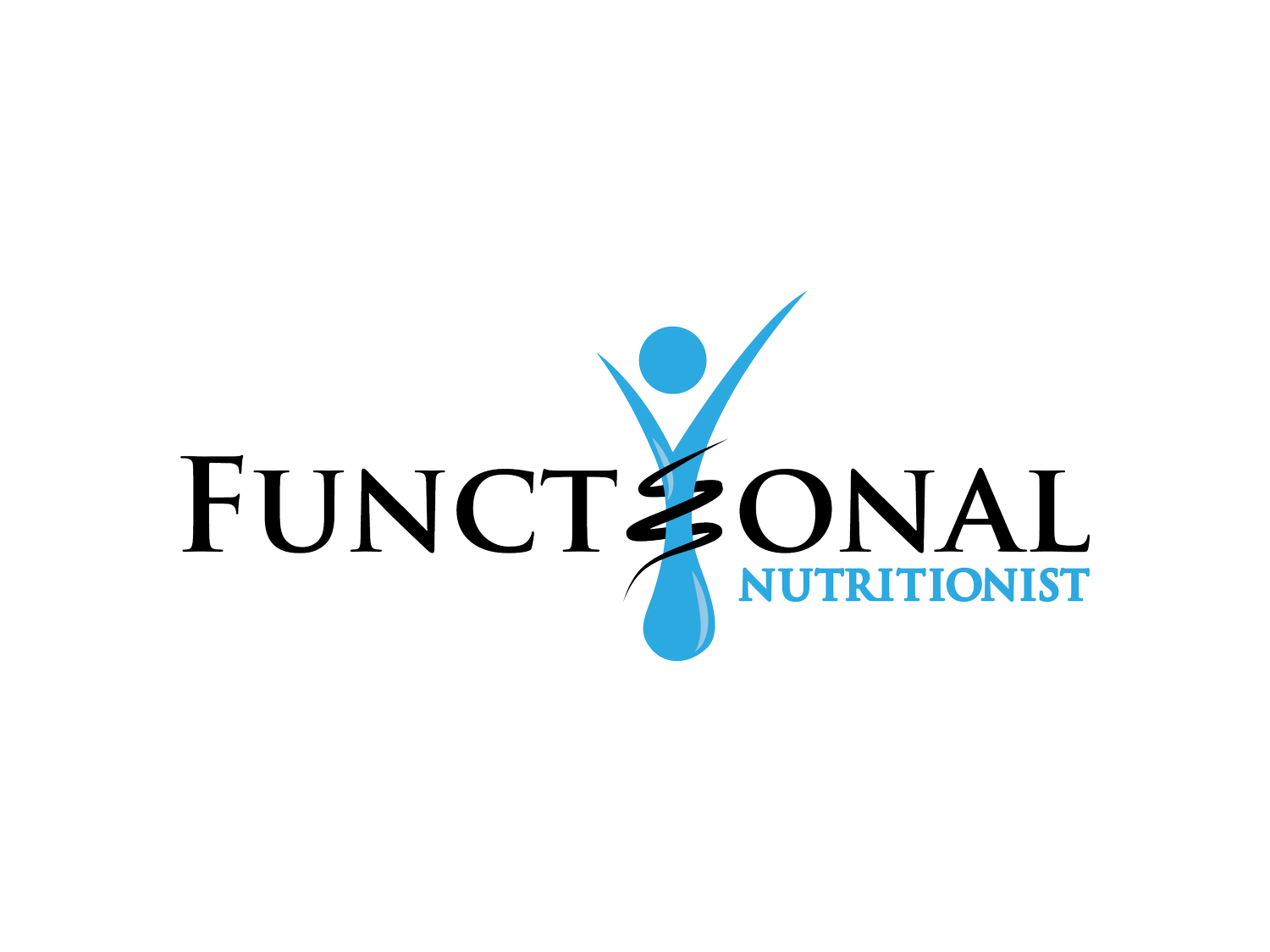What is Thyropause?
Have you heard of this term?
It’s the drop in reproductive hormones that can trigger hypothyroidism (underactive thyroid).
It’s not a diagnosis but more a term for what can happen in perimenopause with hormonal changes. Your symptoms may very well be hypothyroidism, or your peri symptoms can be exacerbated by low functioning thyroid.
How do you know?
You need to rule out hypothyroidism by testing;
· TSH – this alone is not an adequate marker for thyroid health
· Free T4
· thyroid antibodies – you may have to pay for this, it’s only about $50
These are the minimum tests for thyroid health, otherwise from a Functional Nutritionist I would test;
· Free T3
· Reverse T3
How does peri menopause trigger thyroid disease?
‘Losing progesterone reduces free or available thyroid hormone and can trigger the autoimmunity that underlies most cases of under-and overactive thyroid.’ Lara Briden
Thyroid disease can be triggered by the drop in progesterone in peri menopause. As I mentioned earlier you need to rule out a thyroid condition if you have symptoms in your 40’s because there is a difference in the treatment plan.
Also high fluctuating estrogen in peri increases the level of thyroid-binding globulin which means less available thyroid hormone.
Treatment if you do have hypothyroidism (underactive) is;
· Medication prescribed by your GP – thyroxine in Australia; levothyroxine.
This needs to be converted by your cells to the active T3 hormone – this doesn’t always happen due to inflammation, stress, insulin resistance or genetics and why you should also get Free T3 tested, so you know.
Thyroxine may keep your TSH levels stable in your blood but the conversion may still not be happening and you may still be having symptoms such as; brain fog, fatigue and depression.
Talk to your doctor about a T4 and T3 combination.
You also need to know if you just have hypothyroid or autoimmune thyroid, this is why you need to test antibodies.
How Functional Nutrition treats autoimmune thyroid
In addition to thyroid medication when there is an autoimmune component (hashimotos) I recommend the following to reduce antibodies and even put into remission;
AVOID GLUTEN
There is a strong link between hashimotos and celiacs and non celiac gluten sensitivity (NCGS). When a gluten sensitive person reacts to gluten, the immune system may react to thyroid tissue too causing the immune system to attack and destroy thyroid tissue.
Gluten can also trigger an immune response that can lead to gut dysbiosis (imbalanced bacteria in the gut). It can also be a driver of intestinal permeability (leaky gut) allowing proteins and toxins to enter the blood triggering autoimmunity.
HEAL INTESTINAL PERMEABILITY (LEAKY GUT)
This will decrease the risk of foreign compounds entering the blood to avoid triggering autoimmunity. Removing the compounds that stress the gut out will help such as; alcohol, sugar, medications, gluten and fake foods. Including nourishing foods like bone broth and collagen will help support the gut integrity. (However, be mindful if you have peri symptoms high histamine foods can exacerbate things)
Treating gut infections will reduce inflammation and maintain a balanced microbiome.
Using certain supplements can help heal a permeable gut.
SUPPLEMENT WITH SELENIUM
Selenium has been shown to reduce thyroid antibodies. It is an important nutrient for thyroid and the immune system, it helps to reduce inflammation and oxidative stress in the thyroid gland. It also helps with the conversion of T4 to T3. Always see a certified practitioner when using supplements.
AVOID IODINE
Iodine is NOT to be used in autoimmune thyroid patients. It can worsen the disease and cause flares. Iodine is called a ‘goldilocks’ nutrient meaning you need it in just the right amounts. We do need some iodine for thyroid health but avoid supplementing and foods fortified with iodine such as iodized salt.
If you don’t have hashimotos and just hypothyroid then iodine is ok. You can do a urinary iodine test to see what your iodine levels are.
It can be confusing, and I advise not trying to work it out alone but seeking a certified practitioner that knows about thyroid physiology.
Book in with Mel for further information.

